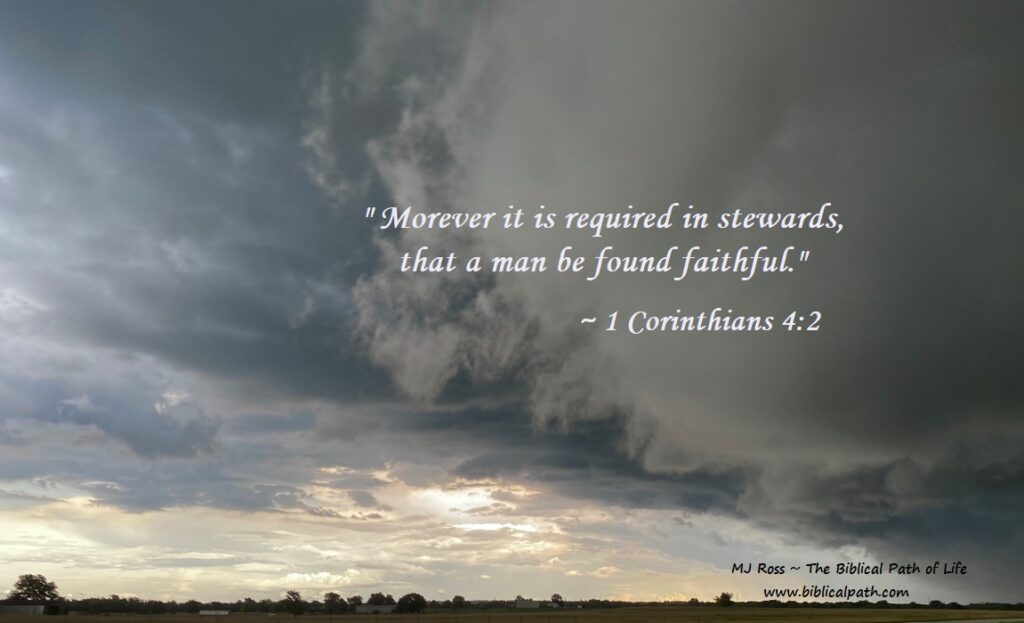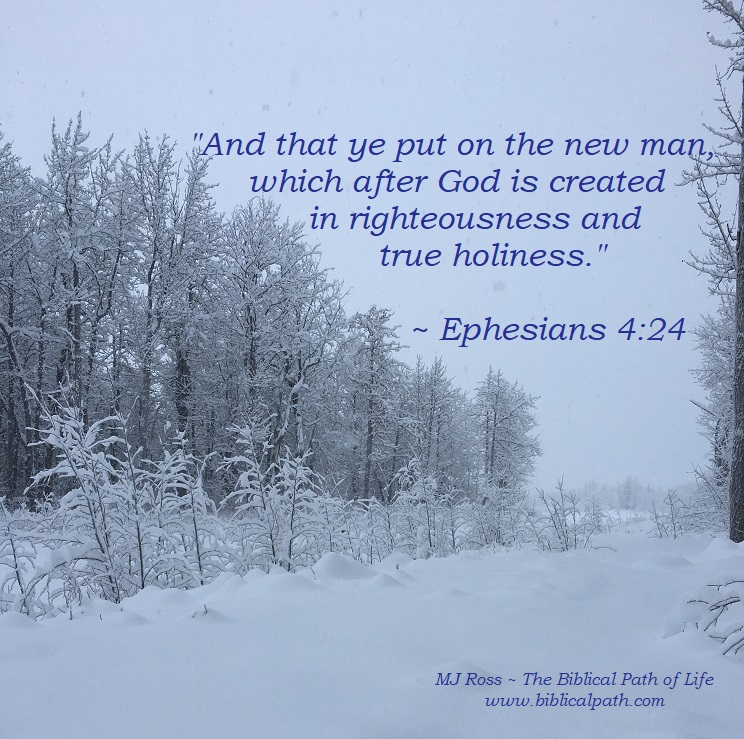
Acts 4:12
Paul heard of some troubles in the church at Corinth. He then wrote a letter to the Corinthians (the book of 1 Corinthians in the New Testament Bible). He addressed them as the fellow Christians, saved by grace, which they were. He also wanted to remind them of something. “God is faithful, by whom ye were called unto the fellowship of his Son Jesus Christ our Lord” (1 Corinthians 1:9). No matter what problems Christians may have, God is faithful to those who are called by Him.
Paul had heard of the factions and discord that was troubling the church at Corinth. “Now I beseech you, brethren, by the name of our Lord Jesus Christ, that ye all speak the same thing, and that there be no divisions among you; but that ye be perfectly joined together in the same mind and in the same judgment” (1 Corinthians 1:10). It was not good to have factions or discord in the church. These had caused contentions in the church. The first problem Paul addressed concerned the Believers who had been saved under different leaders ministries. They were making an issue out of something that should not have been a cause for division. “12. Now this I say, that every one of you saith, I am of Paul; and I of Apollos; and I of Cephas; and I of Christ. 13. Is Christ divided? was Paul crucified for you? or were ye baptized in the name of Paul?” (1 Corinthians 1:12-13). Can you readily recognize the problem Paul pointed out? The people were choosing to follow a man instead of God. They were divided because some had been saved under the teaching of Paul, some under the teaching of Apollos, and even some of them under the teaching of Peter (Cephas). Only one group was correct – the group that declared, “and I of Christ.” All, who are Believers, are saved by Jesus Christ. “10. Be it known unto you all, and to all the people of Israel, that by the name of Jesus Christ of Nazareth, whom ye crucified, whom God raised from the dead …12. Neither is there salvation in any other: for there is none other name under heaven given among men, whereby we must be saved” (Acts 4:10, 12).
The Believers in Corinth had neglected the foundational truth Paul (and even Apollos and Peter) had taught – “the grace of God which is given you by Jesus Christ” (1 Corinthians 1:4). It was not by the preacher or teacher that one was saved, it was by the Gospel message of Jesus. The people had forgotten that salvation (deliverance from the penalty of sin) was only through Jesus, and instead they were fighting amongst themselves over their favorite teacher, emphasizing the one who had baptized them. This caused divisions. There was to be unity. For when the people were divided, they did not do what they were supposed to do. Because they were so busy fighting, they were not growing in their Christian life. The people were not reaching out, teaching people about Jesus. Not only that, but they were to teach the new Believers how to live that new life in Christ. These things were to be the primary functions of the church.
The people in the church at Corinth had turned the focus from the Gospel message of Jesus to the baptism by one of God’s servants. Paul dealt with this issue. “17. For Christ sent me not to baptize, but to preach the gospel: not with wisdom of words, lest the cross of Christ should be made of none effect. 18. For the preaching of the cross is to them that perish foolishness; but unto us which are saved it is the power of God” (1 Corinthians 1:17-18).
Paul wanted to remind the people of something important: it was not the messenger who presented the Gospel message that was to be remembered (“not with wisdom of words”), but it was the message that was to be remembered. Paul taught Jesus in simple language that anyone could understand. By the world’s standards (“to them that perish”), this is foolish, for the better the orator, the more likely people will be enticed to do as the speaker teaches. Nevertheless, Paul wanted them to understand this is not the way to bring someone to Christ. For when people are saved, it is not the great speaker, but “it is the power of God.” Only God has the ability to save souls. “For after that in the wisdom of God the world by wisdom knew not God, it pleased God by the foolishness of preaching to save them that believe” (1 Corinthians 1:21). God does not operate by the world’s wisdom. God chose to use people to declare the Gospel message to other people, introducing them to the only way to be saved. “Jesus saith unto him, I am the way, the truth, and the life: no man cometh unto the Father, but by me” (John 14:6). The Gospel message of Jesus is the only way in which one can be saved.
Have you chosen to follow man instead of God?
Or
Are you growing in your Christian life and telling others about Jesus?








